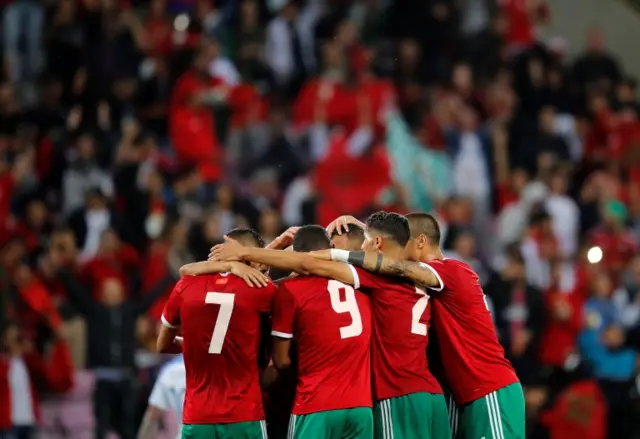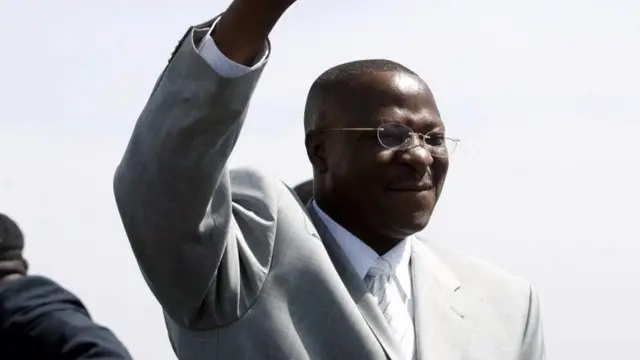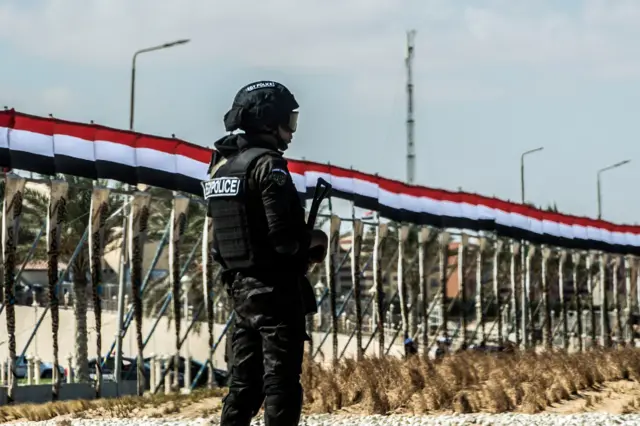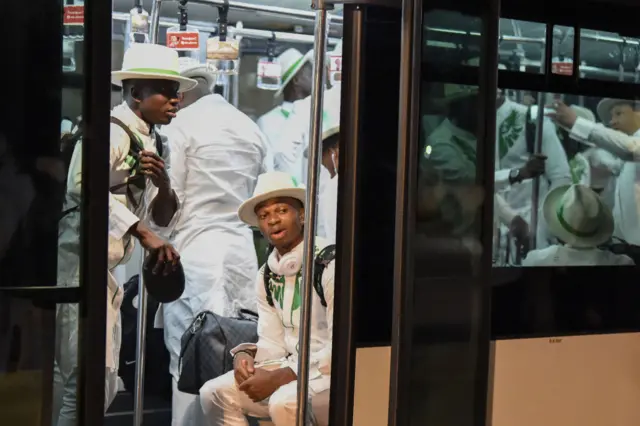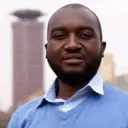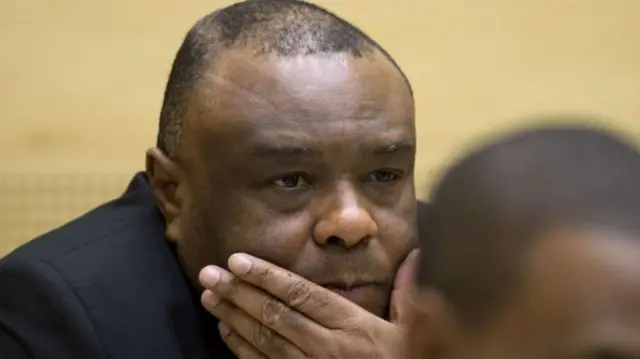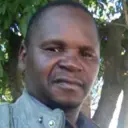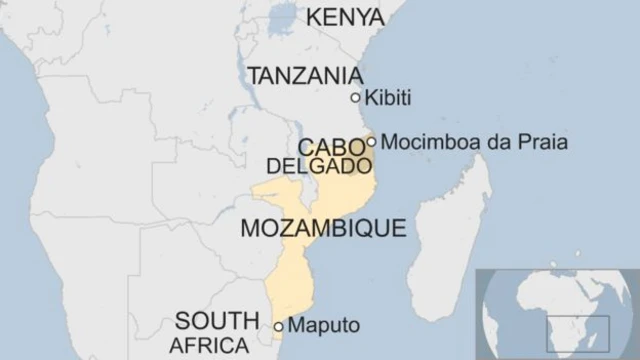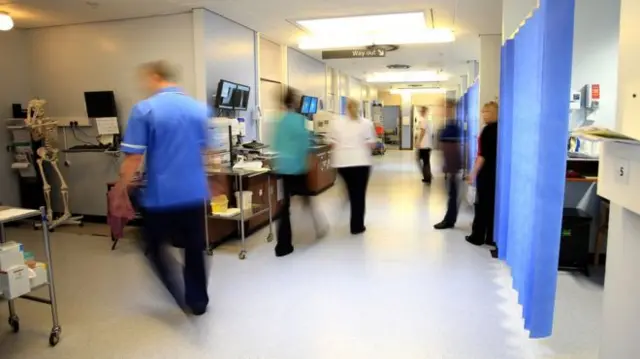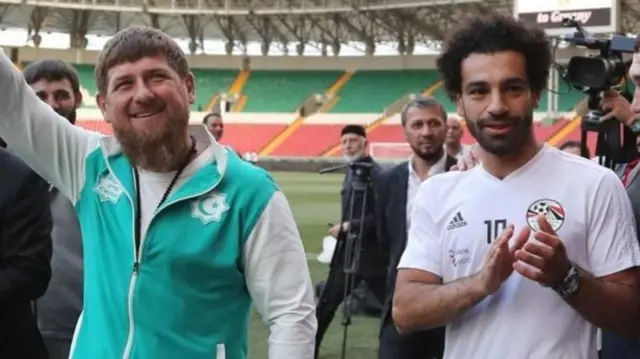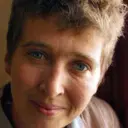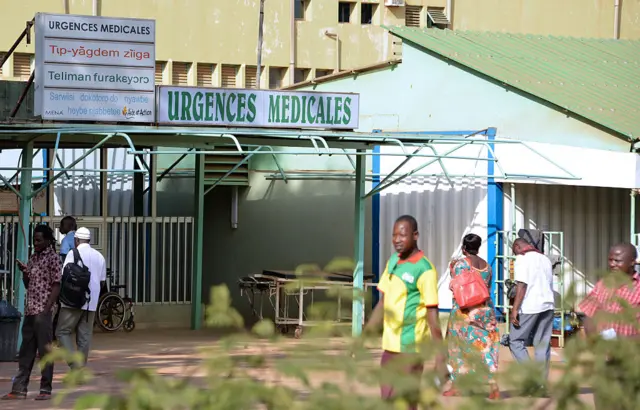Confusion over 'arrest' of Uganda's ex-police chiefpublished at 11:38 BST 13 June 2018
 Catherine Byaruhanga
Catherine Byaruhanga
BBC Africa, Kampala
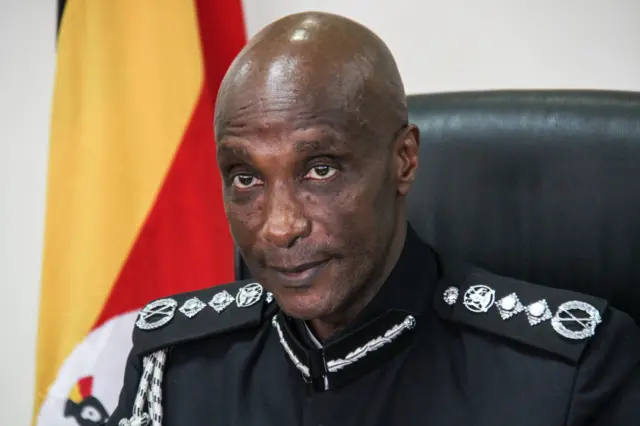 Image source, AFP
Image source, AFPKale Kayihura, pictured in February
Former police chief Kale Kayihura has come forward to deny he has been arrested amid conflicting - and confusing - reports.
Reports of his arrest began to circulate on Tuesday, shocking some Ugandans, who saw him as being too powerful to ever be arrested.
But now the government-owned New Vision newspaper quotes General Kayihura himself as saying he is not under arrest.
Gen Kayihura has been seen as one President Yoweri Museveni’s most powerful backers. He joined the president’s rebel force in the 1980s before it seized power more than 30 years ago.
He then worked his way up the army ranks, commanding operations in neighbouring Democratic Republic of Congo, until he was appointed police chief.
But according to human rights campaigners, his time in office was marred by the violent clampdown on protests and allegations of torture.
Gen Kayihura has always denied any wrongdoing and said he was simply maintaining law and order.
Before his sacking in March, General Kayihura held control over domestic security.
Several of his allies have since been arrested - including senior police officers accused of colluding with neighbouring Rwanda to kidnap one of President Paul Kagame’s former bodyguards seeking refuge in Kampala.
There has been a shake up of the police force since his removal from office.
The government is under pressure to get a handle on security in the country following several high profile killings and increased media reports of kidnappings and murders.

